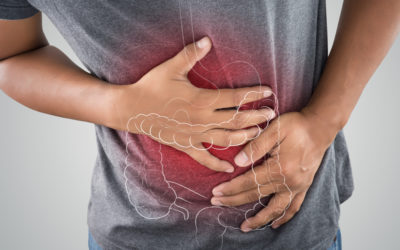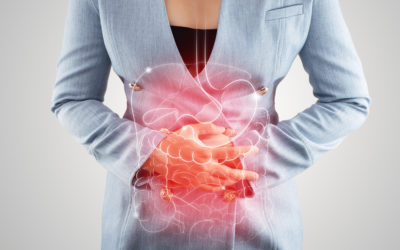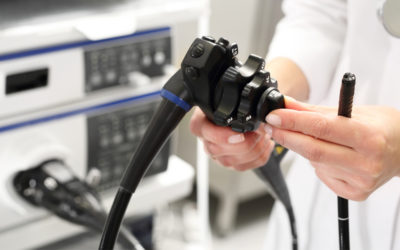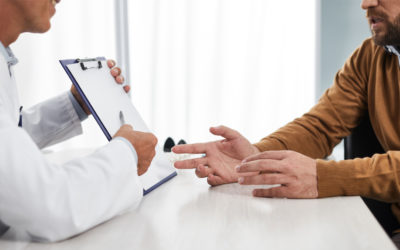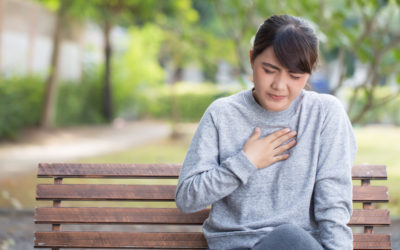Upper GI Endoscopy
About the Procedure
During upper GI endoscopy, your doctor gently passes a thin, flexible tube, called an endoscope, down your esophagus. The instrument has a tiny camera on the end, allowing for an up-close view of your upper digestive tract on nearby video monitors. The endoscope also gently pumps air into your stomach to make areas easier to see.
The procedure may be recommended for a variety of reasons, including:
- Assessing symptoms: Help your doctor determine what’s causing any uncomfortable digestive problems, such as nausea, vomiting, abdominal pain, difficulty swallowing or gastrointestinal bleeding.
- Making a diagnosis: Used to collect tissue (biopsy) to test for diseases and conditions, such as gastroesophageal reflux disease (GERD), celiac disease, anemia, inflammation or cancers of the digestive system.
- Treating a condition: Your doctor can pass special tools through the endoscope to treat problems in your digestive system, such as stopping a bleeding vessel, widening a narrow esophagus, or removing a polyp or foreign object.
Committed to Your Comfort
You’ll be asked to lie on your side on an exam table. To help you stay relaxed, your gastroenterologist will likely provide a light sedative through an IV. You may also be given a liquid medicine to gargle or a spray to numb your throat to help keep the endoscope in place, though the tool does not interfere with your breathing. A dedicated team will watch you throughout and keep you as comfortable as possible. You may even fall asleep.
Depending on your unique needs, the endoscopy usually takes 15 to 30 minutes. Results are often available right after the procedure, though it may take a few days if your doctor collects a biopsy.
Recovery & Follow-Up Care
Upper GI endoscopy is considered very safe – specialists at Red Bud Regional Hospital regularly perform the procedure with low risks of complications.
Once you’re done, you’ll be taken to a recovery area for a brief time, where the team will monitor you as the sedation wears off. A friend or family member will need to drive you home, and you will both receive special instructions for at-home care.
In the hours following your procedure, you may experience some mild discomfort, such as bloating or gas, cramping or sore throat, all which should improve in time.
If you have any concerns or are experiencing any serious problems, such as chest pain, problems breathing or swallowing or worsening pain in your abdomen, call your doctor or seek medical attention right away.
Schedule an Appointment
Call 618-282-7373
Related Services and Conditions
Gastroenterology
A healthy digestive system is essential for the body to function properly. When an illness or disease interrupts this, it can be painful, frustrating and even embarrassing. Fortunately, offers gastrointestinal (GI) services to help...
Capsule Endoscopy
When searching for a cause of bleeding from the small intestine or detecting polyps, Crohn’s disease, ulcers or tumors of the small intestine, your gastroenterologist may recommend a capsule endoscopy. This procedure will allow your gastroenterologist to look at the...
Colonoscopy
Colorectal Cancer Screening and Colonoscopy Prep Although colorectal cancer is one of the most common cancers in the United States, it often goes undetected, according to the American Cancer Society. Symptoms do not usually occur until the disease is advanced and 75%...
Fecal Matter Transplant for C Diff
Clostridium difficile or C. diff is a bacteria that causes recurring and severe diarrhea, nausea and fever. Those infected with C. diff have usually been taking antibiotics for other infections. While antibiotics help fight bad bacteria, they can also kill good...
GERD
Tired of that burning sensation in your chest — particularly at night? Could your painful swallowing, nausea, heartburn be caused by Gastroesophageal reflux disease (GERD)? If you experience a burning sensation in your chest, sometimes spreading to your throat, along...

